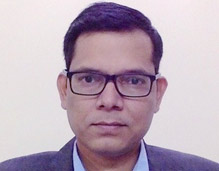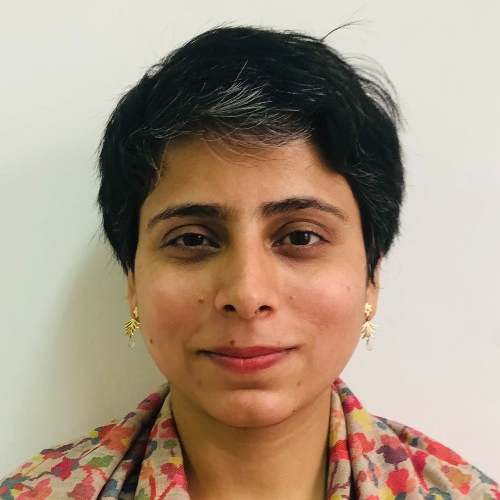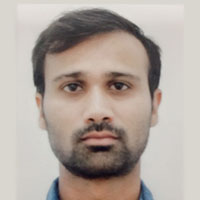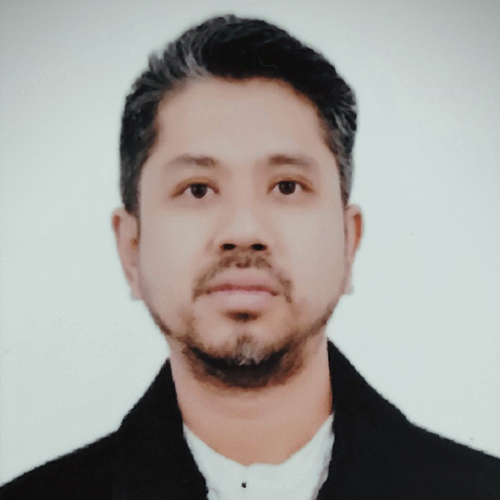India’s Relationship with Saudi Arabia: Forging a Strategic Partnership
Trade has been the dominant factor in India's relationship with Saudi Arabia, with the import of oil being a major component. India views Saudi Arabia as a country with which it can forge security ties in order to deal with terrorism, piracy and criminal elements. Diplomatically, it could be a gateway for India into the wider Arab and Islamic world. In recent years, Saudi Arabia has reciprocated India's initiatives relating to issues of mutual interest. Although some hurdles remain, it is time for both countries to work towards building a strong strategic partnership.
- Prasanta Kumar Pradhan
- March 2013








